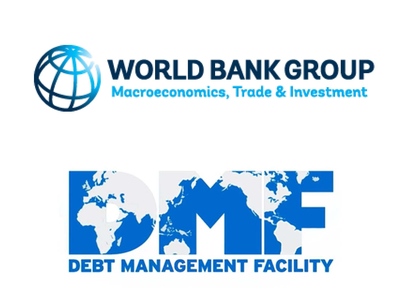- English | Русский

© Dominic Chavez / World Bank

Between January 25 and 29, 2021, the World Bank, jointly with JVI, organized a virtual workshop on the framework for managing government guarantees and analysis of credit risk of the guarantees’ portfolio. Sponsored by the Debt Management Facility (DMF) program, the workshop provided training to twenty-two participants from Africa, Europe and Central Asia regions.
The objective of the workshop was to train participants on the formulation of a comprehensive framework for managing government guarantees and application of analysis of credit risk of the guarantees’ portfolio. This was the first regional training organized by the World Bank after the publication of the new tool for Credit Risk Analysis of Government Guarantees in 2020, which is also publicly available here.
Granting a third-party borrowing guarantee can be an attractive option for a government, because the guarantee can allow the government to achieve its goals to increase its spending or borrowing without entering into a direct loan contract. At the same time, guarantees can create high fiscal costs if they are called. Therefore, it is critical to have a good framework for monitoring and managing guarantees. Although some countries have developed general frameworks for monitoring guarantees, there is a lack of practical methods to evaluate fiscal risks at the time the guarantee application is received, as well as overall monitoring of fiscal risks during the life of a guarantee.
This workshop familiarized participants with the framework for monitoring and managing government guarantees, including core legal and institutional settings required for prudent management of risks associated with government guarantees. Participants also studied the design and application of the scenario analysis tool and the stress testing approach to quantify the risk of potential payments for guaranteed loans. The course included exercises aimed at explaining the core elements of the application of scenario analysis for the evaluation of a single guarantee risk, as well as portfolio risk of outstanding guarantees.
Because of COVID-19 restrictions, the workshop was delivered virtually. This set-up allowed to reduce the logistic and administrative burden related to traveling and lodging. Another positive aspect of the virtual training was that government officials were able to perform their official duties part-time while participating in the training during the remainder of the day.
However, the virtual set-up also presented significant constraints in comparison to face-to-face settings, such as (i) having to reduce the number of participants to enable communication and discussion; (ii) difficulty in visual connectivity due to connection issues, and the resulting lower engagement in cross-country sharing and networking, (iii) and longer time and more guidance required for practical sessions.
Lilia Razlog, Senior Debt Specialist, The World Bank